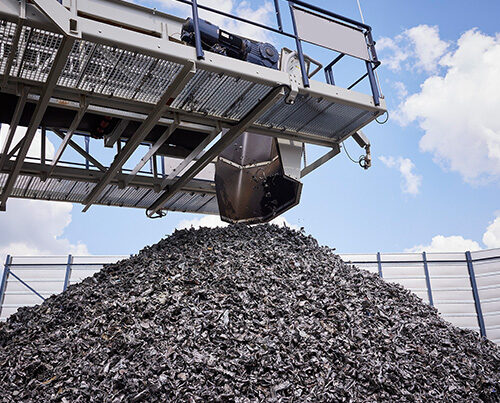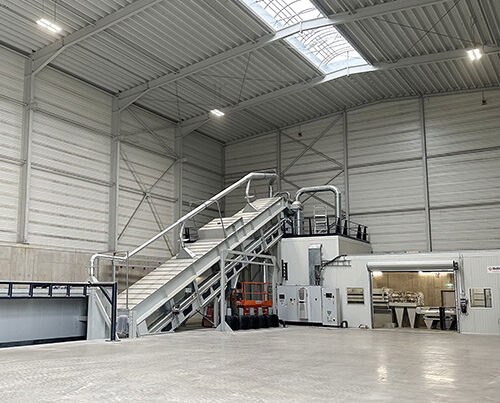Focusing on conserving resources & curbing climate change
The European Union has taken a further step towards advancing sustainability by turning their attention to electrical and electronic devices. A number of comprehensive amendments to the Ecodesign Directive aim to make electrical equipment – and in particular household appliances – more resource and climate friendly. For the first time ever, the EU has now focused on the life cycle of these products.
Ten product groups initially affected by the new rules
The European Commission and EU member states have chosen to take a two-pronged approach in their amendment of the Ecodesign Directive. On the one hand, they are intending to toughen up the energy efficiency regulations that are already in place. On the other, they wish to introduce new rules regarding the life cycle of electrical appliances. To begin with, these will apply to ten product groups, in particular household appliances (such as dishwashers, washing machines and fridges) and lamps. The EU wishes to make it possible for these appliances to be used for longer by making it easier to both repair them and get hold of spare parts. Spare parts, for example, must be available for a longer period than is currently the case and everyone should be able to access information about how to repair an appliance if it breaks down. What’s more, they should be designed so that they can be fixed using standard everyday tools.

From March 2021 onwards, manufacturers of electrical devices in the EU must make it much easier for their appliances to be repaired
Law comes into force in March 2021
The majority of these new regulations will become binding from March 2021 onwards. The new section focusing on a product’s life cycle will certainly help to conserve our planet’s natural resources as large volumes of raw materials are needed to manufacture new appliances. Having said that, however, the repaired products will also eventually become redundant – no doubt as soon as the point is reached when the age and performance of a machine outweigh the repair costs.
REMONDIS is calling for the recyclability of products to be included in the Ecodesign Directive.
With this in mind, REMONDIS continues to call for greater focus to be put on raw material efficiency. The goal here is to have product labels that not only inform consumers about energy efficiency but also about the products’ recyclability. For example, how well a fridge can be recycled once it reaches the end of its useful life and whether it already contains recycled raw materials. This enables consumers to base their decision on more information than simply price and expected life span.
Image credits: image 1: Adobe Stock: Riko Best












